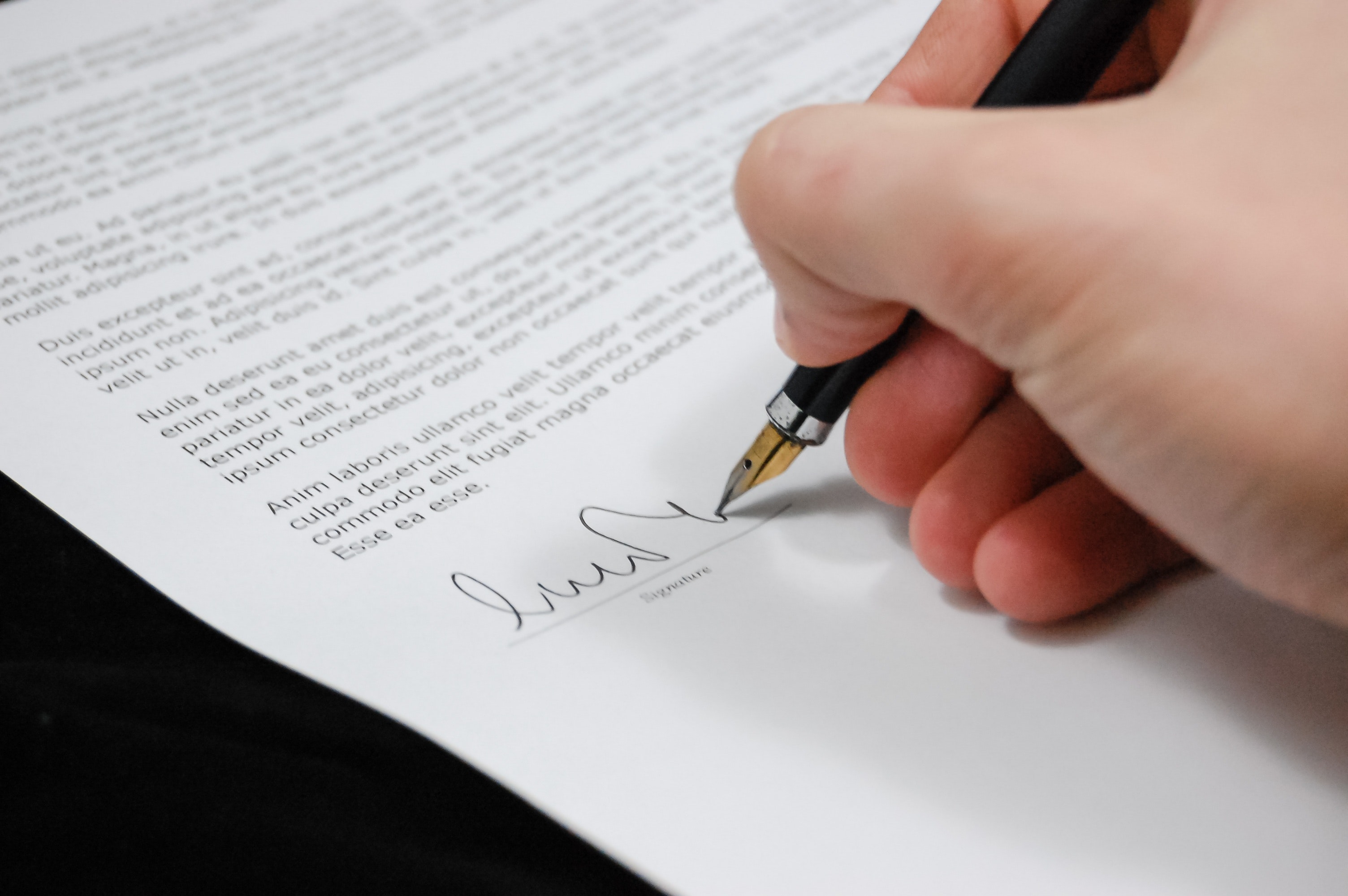Thinking of selling your property soon? Then, take advantage of our 7 important tips to keep you abreast of cost implication and other vital information.
Selling your property is not as straight forward as waking up and deciding to put the property up for sale on the market. For many, it can be one of the most stressful decisions to make regardless of how many homes you have sold. You need to know the pros and cons of selling a property; that is, budget setting, timeframe to sell and a trusted real estate professional.
Here are our golden guidelines on how to get a realistic budget, feasible time frame and a trusted team of experts.
Step one. Conduct research on how the property market works

The property market is never a new game for prospective buyers; they know all it entails, especially when they are on the lookout for a purchase. Now, as a property seller, you would be on the gaining side if you familiarise yourself with how the local market works and know ways property buyers play their game. Conduct research to know the prices of already sold properties and what is trending in the property market. Getting insights from a local real estate agent would help you take the right decision.
Step two. Choose the right real estate agent for selling your property

Some of your family and friends might have gone through various property sales; therefore, getting recommendations from them would not be a bad idea. However, it would be beneficial if you have more than one agent from a company doing the property advertisement on your behalf. Many agents do not work alone, an important question to ask is “who else is part of their team”.
Before concluding on a price, you need to ask your agent these important questions:
- How much is the value of my property (present condition or with upgrades)?
- What are the costs associated with selling my home
- What advertisement medium would suit my property
- When is the right time to sell
Step three. Decide on the price you are placing on your property

Now that you are familiar with how the local market works and also sought professional advice from a real estate agent, the next thing is to decide on
- Whether you are adopting Sale by auction or private treaty and,
- The price you are placing on the property you want to sell especially when you are opting for a private treaty.
Step four. Request for the service of a legal representative

Once you are ready to sell your property, you will need to require the service of an independent legal representative- an attorney or conveyancer will work in this aspect. The attorney will prepare the documentation needed for the contract sale and the vendor statement which is also commonly known as the section 32. They have a very important role in ensuring your property is sold with little to no legal road bumps.
Step five. Put all cost implications into consideration when selling your property

When preparing your property sale budget, you would need to put your real estate agent’s commission into consideration alongside other running costs. Also, do not leave the following out of the deal
- Legal fees
- Significant repairs and upgrade cost
- Photography and home staging inspections
- Logistics and storage costs
Step six. Map out your settlement plan

You can choose any settlement plan depending on your take; but most times, they could be 30 days, 90 days or more. The flexibility of the settlement plan is to help you balance your financial needs and give you a hassle free timeframe to buy your next property. When deciding your asking price, offer a realistic settlement plan and remember that your buyer may bargain for a longer or shorter term.
Step seven. Do you want to buy property first? Then, make findings on a bridging loan
A bridging loan is one pivotal point you need to consider when you are planning to buy a new property before you sell the existing one. This refers to a loan that carter for costs associated with your purchase plan before completing the sales process of the existing property. Put in mind that, when the sale of your existing property takes a longer time, this would make the repayment of the bridging loan and your existing mortgage take longer time.
Last tip: Is stamp duty necessary when putting up a property for sale
You need to know that payment of stamp duty is not required when you put up a property for sale; the only party who needs to pay stamp duty is the buyer of the property, not the seller. Only when you move forward to purchasing your next property do you need to pay stamp duty.
Selling in Keysborough, Noble Park or neighbouring suburbs? Contact Our Local Agent here.



